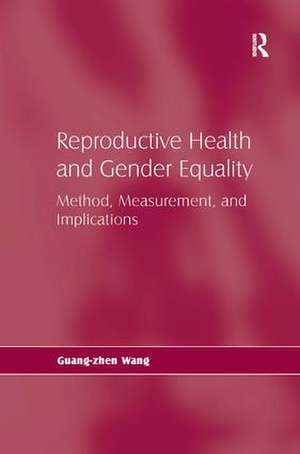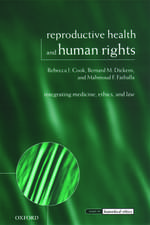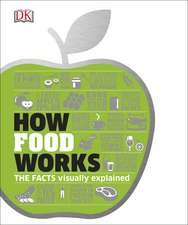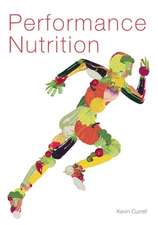Reproductive Health and Gender Equality: Method, Measurement, and Implications
Autor Guang-zhen Wangen Limba Engleză Hardback – 28 noi 2010
| Toate formatele și edițiile | Preț | Express |
|---|---|---|
| Paperback (1) | 469.34 lei 6-8 săpt. | |
| Taylor & Francis – 28 noi 2016 | 469.34 lei 6-8 săpt. | |
| Hardback (1) | 1056.00 lei 6-8 săpt. | |
| Taylor & Francis – 28 noi 2010 | 1056.00 lei 6-8 săpt. |
Preț: 1056.00 lei
Preț vechi: 1287.80 lei
-18% Nou
Puncte Express: 1584
Preț estimativ în valută:
202.13€ • 219.63$ • 169.90£
202.13€ • 219.63$ • 169.90£
Carte tipărită la comandă
Livrare economică 21 aprilie-05 mai
Preluare comenzi: 021 569.72.76
Specificații
ISBN-13: 9780754648697
ISBN-10: 0754648699
Pagini: 220
Dimensiuni: 156 x 234 x 14 mm
Greutate: 0.49 kg
Ediția:1
Editura: Taylor & Francis
Colecția Routledge
Locul publicării:Oxford, United Kingdom
ISBN-10: 0754648699
Pagini: 220
Dimensiuni: 156 x 234 x 14 mm
Greutate: 0.49 kg
Ediția:1
Editura: Taylor & Francis
Colecția Routledge
Locul publicării:Oxford, United Kingdom
Notă biografică
Guang-zhen Wang is a Professor and Departmental Chair of the Sociology department at the University of Texas - Pan American. She is the co-author of 'Women's Reproductive Rights in Developing Countries' (Ashgate, 1999)
Recenzii
'Wang's book is a much-welcome tour de force, bringing together elusive data from 137 developing countries (or areas) with an innovative analytical framework connecting gender inequality to health. It is an ambitious, highly readable contribution to our understanding. A "must read" for all development leaders as well as academics who seek to understand global challenges.' Susan A. McDaniel, University of Lethbridge, Canada
Cuprins
Chapter 1 Overview; Chapter 2 Theoretical Explanations of the Proposed Model; Chapter 3 Measurement of the Variables; Chapter 4 Findings and Analysis; Chapter 5 Regional Variations; Chapter 6 Discussion and Implications;
Descriere
Reproductive Health and Gender Equality offers a much needed empirical study of women's reproductive health. The author challenges the prevailing bioscience and public health models by linking women's reproductive health to gender equality measures and development policies. The results will be of interest to researchers, professionals and students interested in women's health issues, gender/women's studies and human rights.














